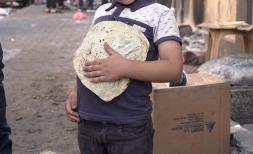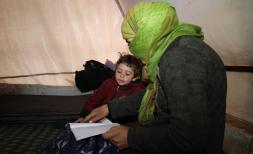Guide: What to do when parenting under pressure
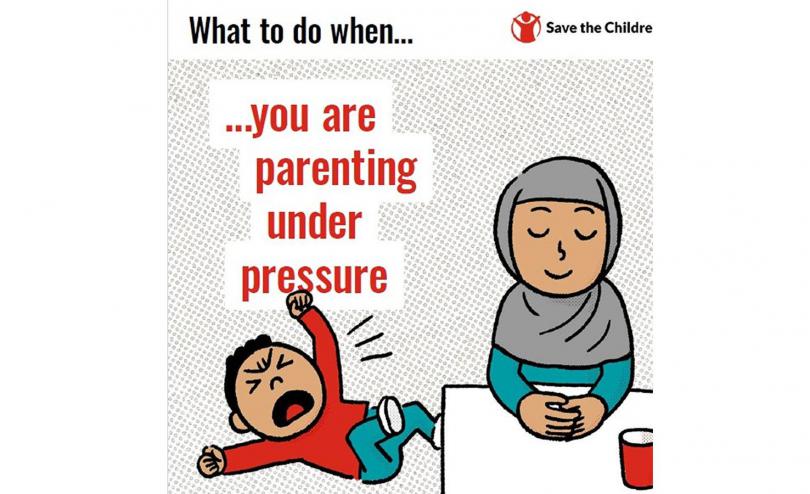
Being a parent is not easy.
The pressure of social expectations on how best to raise our children, together with trying to be the best version of ourselves not only as a parent but as a partner, friend or colleague can be hard.
This, coupled with ongoing uncertainty due to rising conflict, the cost of living crisis and the devastating and more frequent extreme weather events can make parenting our children even more difficult.
We hear you, we know it can be a challenge. As leaders in child rights, our team of psychologists have come up with a guide to help you take care of yourself and your family.
9 TIPS ON HOW TO PARENT UNDER PRESSURE:
1. Share the love
Give your child extra love, warmth and attention – it’ll make them feel safe and secure. Show them that you love them and that you are in this situation together. Hug them, cuddle them, talk, listen to their thoughts, ideas and concerns.
2. Create a routine
Sit down together to come up with a simple daily routine of exercise, learning and play to help bring a sense of normality. Be prepared to change it if it’s not working for either of you.
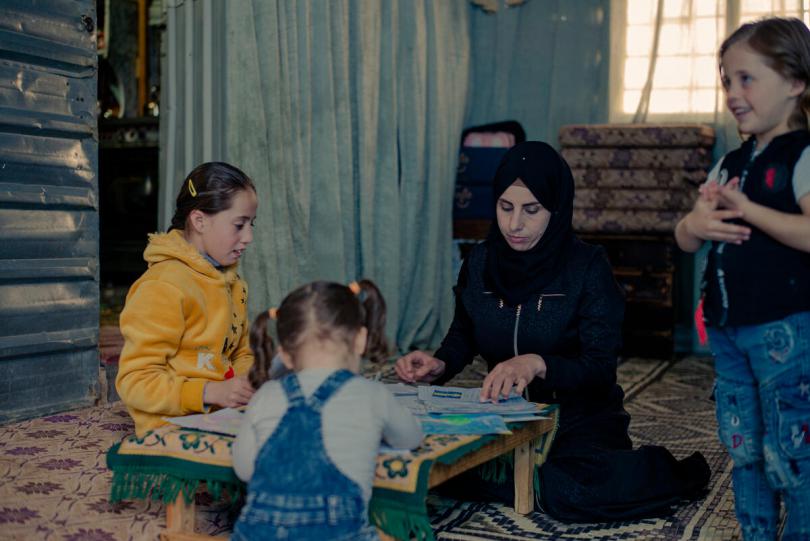
Jana*, age 13, drawing at home with her mother Amari and siblings. Save the Children / Charlie Forgham Bailey
3. Involve children
You can give children a greater sense of security and control by involving them in routine jobs around the house, problem solving and including them in everyday decisions about what you do as a family.
4. Look after you
Think about what you can do to help yourself relax and sleep well. Use the time when children are in bed to do what relaxes you – listen to music, do yoga, call a friend, whatever works for you.
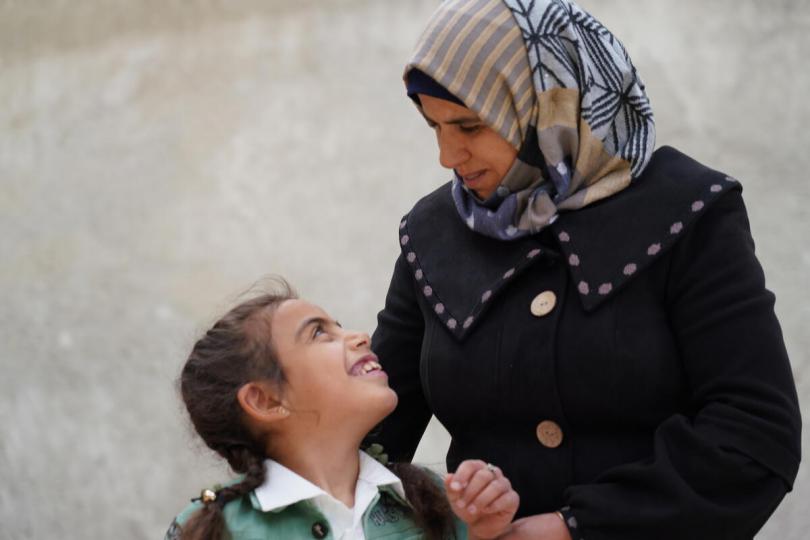
Widad*, 8, looks up at Ghalia*, 41, during a psychosocial support session in Syria. Khalil Ashawi / Save the Children
5. Give praise
Criticism and nagging can actually increase conflict. Even when the child does something wrong, pick up on anything they did well. Make your praise as specific as possible, based on what they do...
Examples:
“Well done setting the table"
“Well done putting your shoes away”
6. Actively listen
Children can be overwhelmed by emotions. Help them put words to this to help them understand their emotions, for example, by saying, “you seem sad right now” or “I can see you are frustrated”.
Young children often find it easier to speak while doing another activity, or may want time to think before they know how to react.
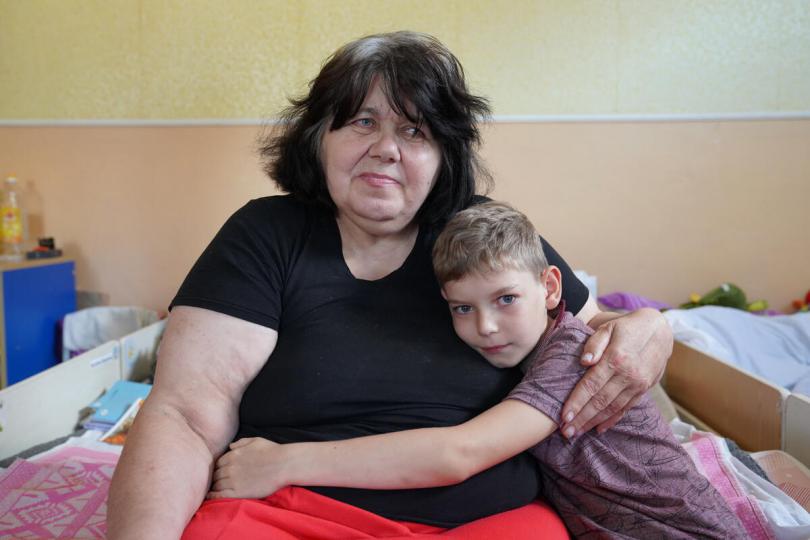
Mykola*, 9 and his grandmother Daryna*, pose for a photo in a kindergarten which is their home now in Poltava, East Ukraine. Anastasiia Zahoskina/Save the Children
7. Manage the child's anger
Comfort, calm, rock and speak calmly with your child when they are highly stressed or angry. This way, your child will gradually learn how to handle stress.
8. Manage your anger
Count to 10 before you say or do anything. If you still feel angry, walk away and give yourself time to calm down.
- Breathe deeply and repeat a calming phrase to yourself like ‘one day at a time’, ‘deep breaths’, ‘calm down’ or ‘take it easy’.
- Put your hands behind your back and tell yourself to wait. Don’t say anything until you have calmed down.
9. Apologise
If you interact with the child in a way you regret, say you’re sorry. You’ll be teaching them something important about respect and taking responsibility for your actions.


